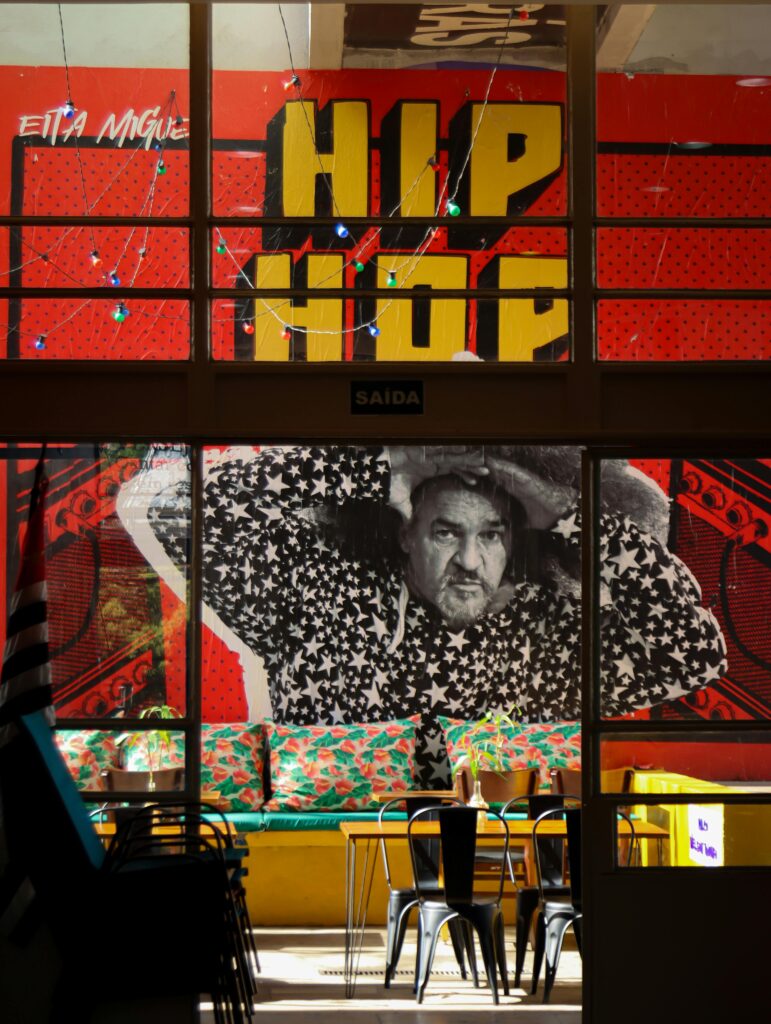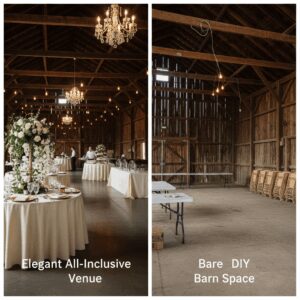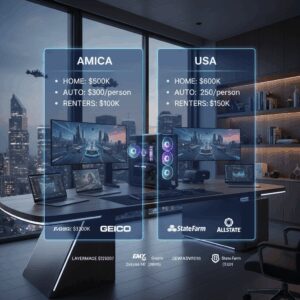
Low-rise jeans, flip phones, and chunky highlights—sound familiar? For many millennials, these are cringe-worthy reminders of the early 2000s. But for Gen Z, they’re gold. A surprising cultural trend has emerged over the last few years: a full-on obsession with Y2K style and aesthetics. From fashion to tech, the early aughts are back, reimagined for a generation that barely remembers them the first time around.
Why is Gen Z so fixated on this era, and what does it say about the way we experience culture today?
The Return of Y2K
Scroll through TikTok or Instagram, and you’ll find entire feeds dedicated to early 2000s aesthetics: shiny lip gloss, butterfly clips, velour tracksuits, and grainy digital camera selfies. Thrift stores are seeing surges in demand for low-rise jeans and vintage Abercrombie. Even pop culture staples like Mean Girls and The Simple Life are trending again.
This isn’t just a fad—it’s a collective embrace of a specific moment in time. For Gen Z, Y2K isn’t about reliving their past. It’s about reclaiming someone else’s nostalgia and remixing it into something new.
Why Gen Z Loves the Early 2000s
1. Escapism in Simplicity
The early 2000s represent a world before smartphones dominated every interaction. Flip phones, MySpace, and digital cameras feel quaint compared to the constant surveillance of social media today. For Gen Z, adopting these “retro” items offers a way to escape the pressures of hyperconnectivity.
2. The Thrill of Irony
Gen Z thrives on irony. What millennials remember as peak fashion faux pas—think bedazzled jeans or trucker hats—becomes campy fun in the hands of today’s teens. The worse it looked then, the better it plays now.
3. Internet Archeology
Platforms like TikTok make it easy to dig up forgotten cultural gems—old commercials, music videos, or celebrity moments. Rediscovery adds a sense of freshness, even when the material is decades old.
4. Rejecting Minimalism
After years of Instagram-perfect minimalism, Gen Z gravitates toward maximalism. Y2K fashion was loud, flashy, and unapologetically extra. That chaos resonates in an era defined by disruption.
The Pop Culture Ripple Effect
The Y2K revival isn’t staying online—it’s reshaping industries.
- Fashion: Designers like Blumarine and Diesel are reviving early 2000s styles, while fast-fashion brands churn out butterfly tops and cargo pants.
- Music: Pop-punk and early 2000s pop are making comebacks, with artists like Olivia Rodrigo channeling Avril Lavigne’s angst.
- Tech: Vintage digital cameras and iPods are selling out on resale platforms, prized for their grainy, authentic vibes.
The nostalgia economy ensures that once Gen Z embraces a trend, brands follow quickly.
The Deeper Meaning of Nostalgia
At its core, nostalgia is about longing—for simplicity, safety, or a time that feels less complicated. For Gen Z, the early 2000s represent a world they didn’t fully experience but one that seems freer than today’s hyper-curated online existence.
Ironically, their nostalgia is mediated through the very tools they’re rebelling against: TikTok trends, Instagram aesthetics, and YouTube compilations. It’s not so much about reliving the past as it is about reconstructing it to fit modern anxieties and desires.
The Cycle of Cultural Recycling
Every generation revisits the aesthetics of 20 years prior. In the 1990s, people idolized the 1970s. In the 2010s, 1990s culture had its resurgence. Now, it’s Y2K’s turn. The cycle reflects both the comfort of the familiar and the creative spark of reimagining what came before.
Gen Z’s remix of early 2000s culture is a reminder that nostalgia isn’t about accuracy—it’s about feeling.
Gen Z’s obsession with early 2000s culture is more than a quirky fashion moment—it’s a reflection of how this generation processes identity, creativity, and longing in a hyper-digital world. By reviving and remixing Y2K aesthetics, they’re not just borrowing the past; they’re building a new cultural language that’s loud, ironic, and unapologetically nostalgic.
For those who lived through the early 2000s, it may feel strange to see bedazzled jeans and flip phones return. But for Gen Z, it’s not about embarrassment—it’s about vibes, identity, and the thrill of making something old feel new again.
Unlock Full Article
Watch a quick video to get instant access.











